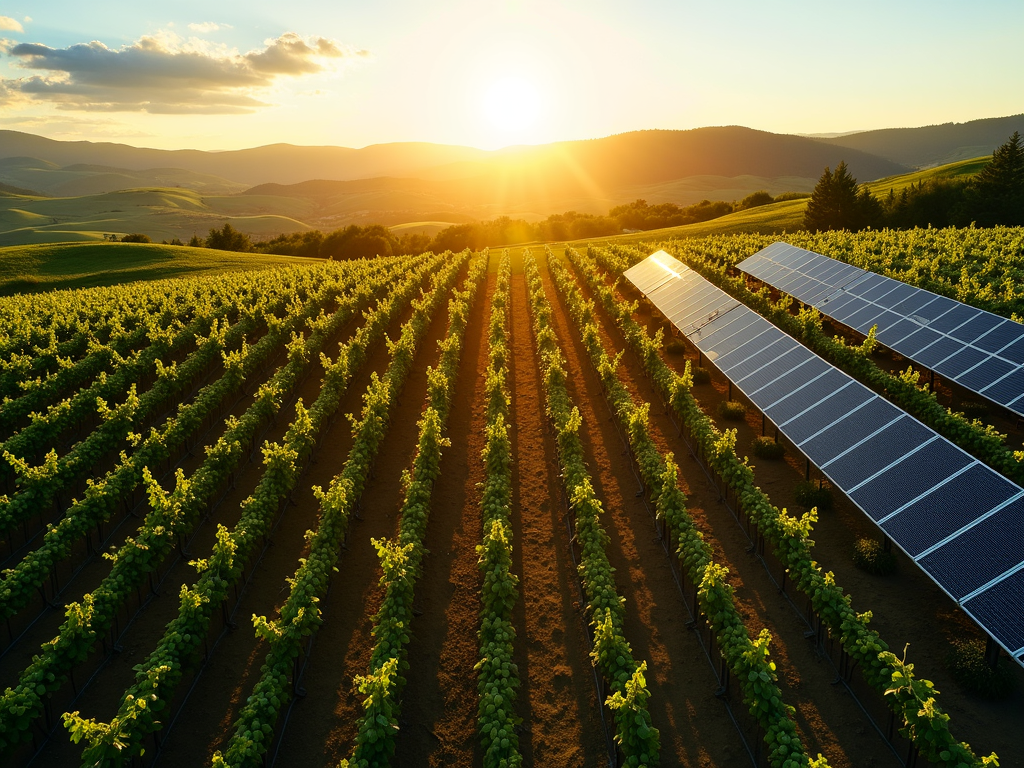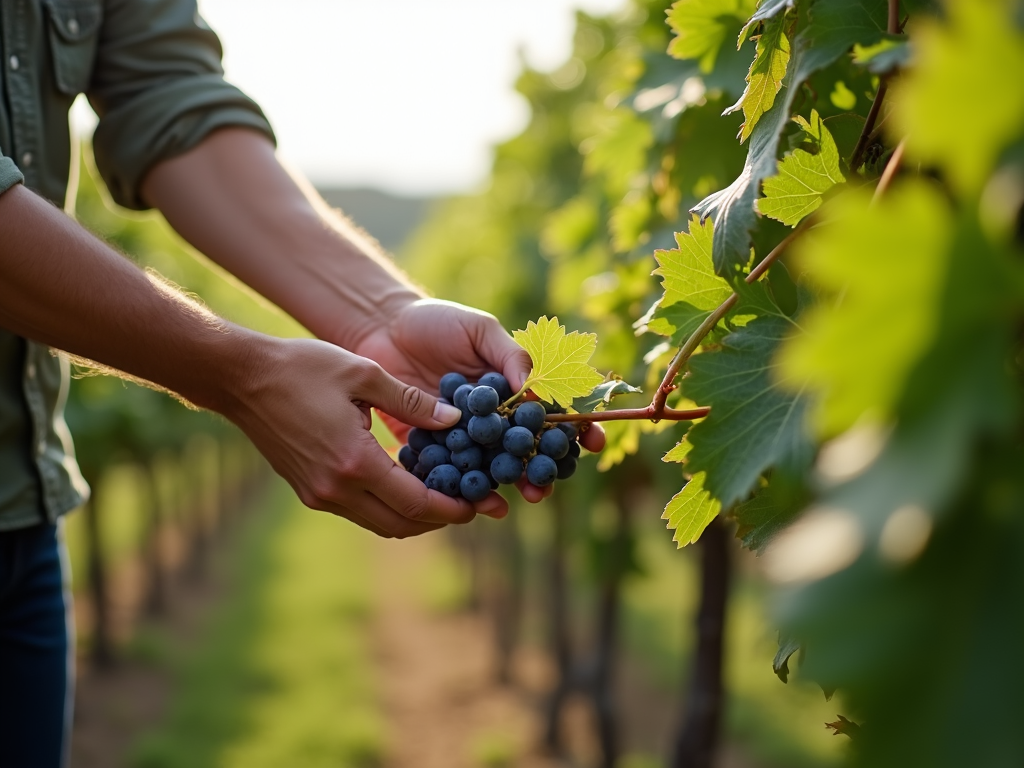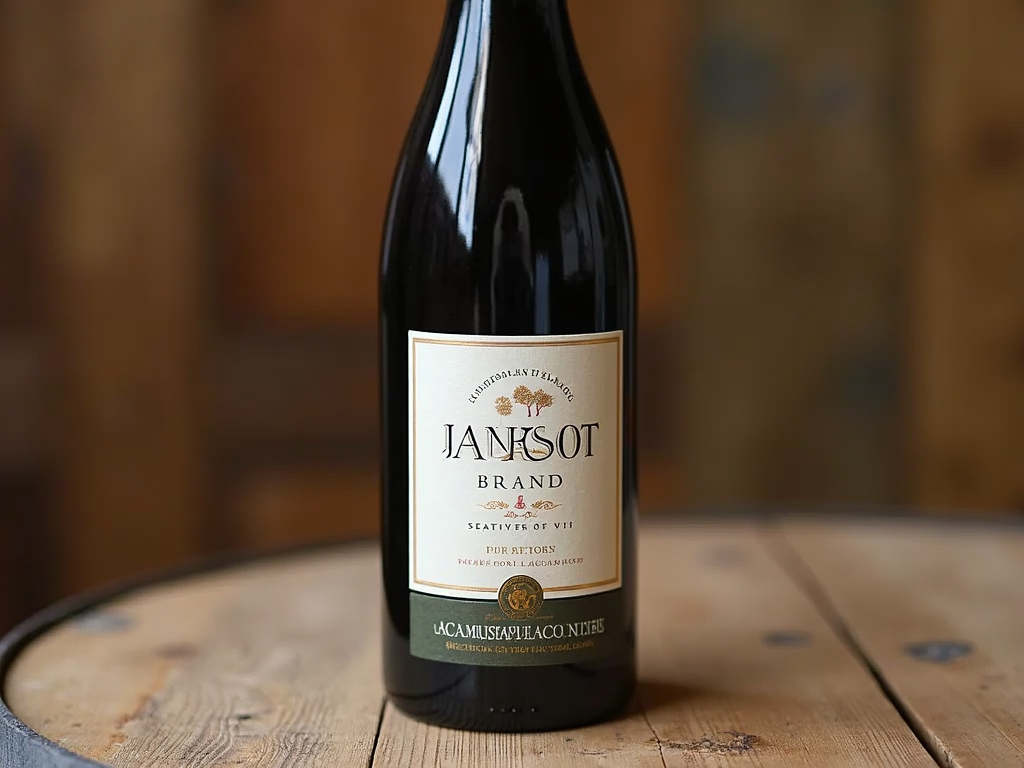The Green Revolution in Winemaking: Eco-Friendly Vineyards and Their Impact
Eco-friendly vineyards are changing the wine industry for the better. These vineyards use smart, sustainable methods to protect nature, make tastier wine, and save money. Jackson Family Wines leads the way, showing how green practices can make a big difference.
What Are Eco-Friendly Vineyards?
Eco-friendly vineyards focus on caring for the earth while growing grapes. They use techniques like organic farming, saving water, and solar power. The aim? To keep the land healthy and produce great wine for years to come.

Sustainable Practices at Jackson Family Wines
Jackson Family Wines takes sustainability seriously. Here’s what they do: - Organic Farming: They skip harsh chemicals, keeping soil and wildlife safe. - Water Conservation: Drip irrigation and rainwater collection cut water waste. - Renewable Energy: Solar panels and wind turbines run their operations. - Biodiversity: Cover crops and wildlife paths help nature thrive.
These steps don’t just help the planet—they shape the wine’s flavor too. Healthy soil and vines mean better grapes, which many wine lovers notice in every sip.

How They Help the Environment
The Impact of Eco-Friendly Vineyards shines through in nature. Fewer chemicals mean cleaner soil and water. Solar and wind energy cut down carbon emissions. Plus, supporting wildlife keeps ecosystems strong. A UC Davis study found organic vineyards boost soil life by 30%.
Better Wine Through Green Practices
Sustainable methods can make wine taste better. Organic farming builds stronger vines with tastier grapes. This gives wines a special flavor tied to the land. Many say eco-friendly wines stand out for their pure, natural taste.

Economic Wins for Vineyards
Going green costs money at first, but it pays off. Energy-saving tools lower bills over time. Plus, people love buying sustainable products. The Wine Institute says eco-friendly wine brands saw 20% more sales in recent years.
Spotlight: Jackson Family Wines
Jackson Family Wines proves sustainability works. Their vineyards are organic and biodynamic certified. They’ve gone carbon neutral with solar power and offsets. This builds trust with customers and strengthens their name. Check out their story on their sustainability page.
| Traditional vs. Eco-Friendly Vineyards | | --- | --- | | Chemicals | Heavy use | None or minimal | | Energy | Fossil fuels | Solar/Wind | | Water | High waste | Conserved | | Cost | Lower upfront | Savings long-term |
Challenges and What’s Next
Eco-friendly vineyards face hurdles like startup costs and rules. But the future is bright. More people want green products, pushing vineyards to adapt. The wine world will likely see more sustainable shifts soon.
My Take on Eco-Friendly Winemaking
I’ve always loved wine, and visiting Jackson Family Wines opened my eyes. The vineyards buzzed with life—bees, birds, and green plants everywhere. Tasting their wine felt special, knowing it came from such care. It’s proof that good practices make great wine.
To wrap up, eco-friendly vineyards like Jackson Family Wines are reshaping winemaking. They protect nature, craft better wine, and thrive economically. This green wave is here to stay, promising a tastier, healthier future for wine lovers.